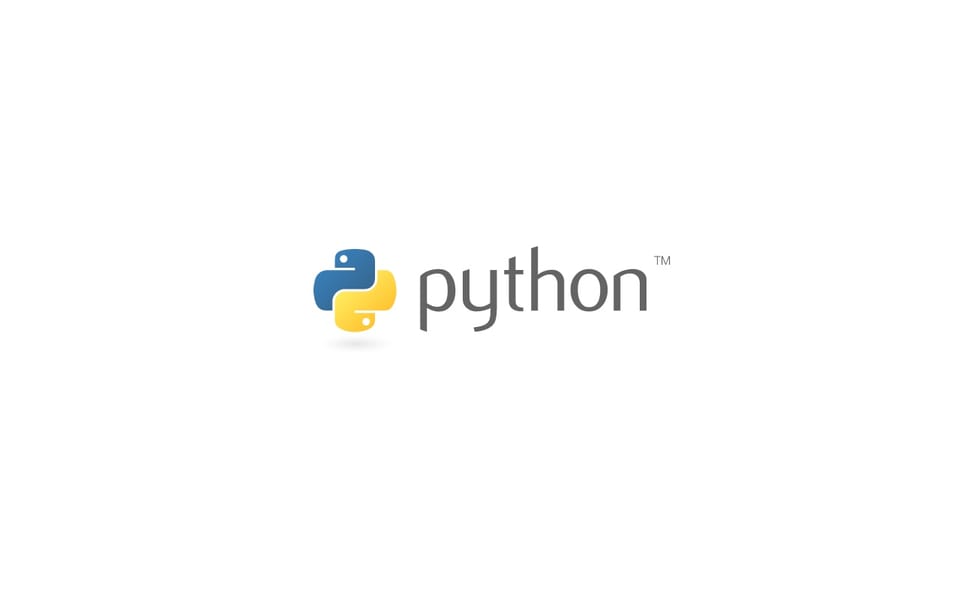Notes on maintaining Python on my systems

This is a reference blog post about my struggles with maintaining Python versions across my machines.
Note: some of the commands install specific versions that might be out of date by the time of this writing
asdf, mise, Conda, or Poetry. What option is right for you?
Conda (my preferred method)
Platform agnostic
Python
The latest Python is included when installing Miniconda
Conda Forge
Use the Conda Forge channel to access a more comprehensive library of packages, including the ones from HuggingFace, which are frequently used on big-name models
conda config --add channels conda-forge
macOS
Pytorch
Use the nightly channels if you have a machine with the latest M series processors.
conda install pytorch-nightly::pytorch torchvision torchaudio -c pytorch-nightly
This is from Apple's Developer website.
Windows
Pytorch
If you plan to use CUDA, make sure to download the CUDA Toolkit from Nvidia
Make sure to use the latest PyTorch version with the latest CUDA Toolkit
conda install pytorch torchvision torchaudio pytorch-cuda=12.1 -c pytorch -c nvidia
Poetry
This is my favorite way of working with larger Python projects, as the onboarding experience is slightly faster when you're "dipping your toes" into Python.
You can use Conda to manage Poetry projects, but the Project website recommends pipx
I usually follow the installation steps from their documentation.
macOS
Pytorch
Like Conda, use the Nightlies on the latest M series machines
pip3 install --pre torch torchvision torchaudio --index-url https://download.pytorch.org/whl/nightly/cpu
Windows
pip3 install torch torchvision torchaudio --index-url https://download.pytorch.org/whl/cu121
Mise and asdf
Since both options manage Python versions across your system, you can use Poetry or Conda behind these. A few notes:
- Ensure your
.bash_profileor.zshrcfiles have ordered evals first; you shouldevalMise or asdf, and then Conda or pipx. .tool-versionsshould always match what your Poetry toml config file says.